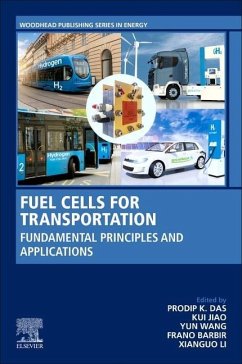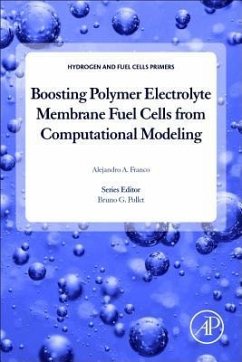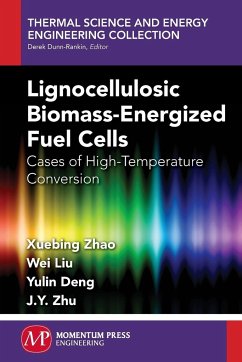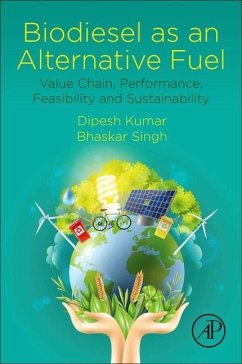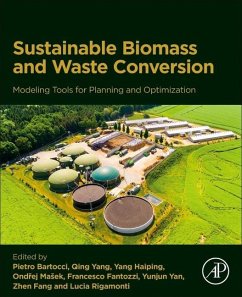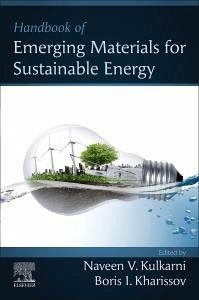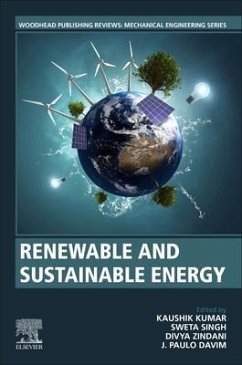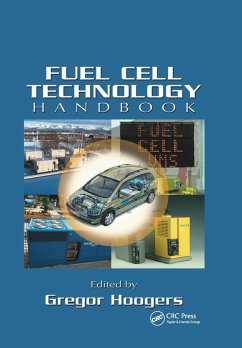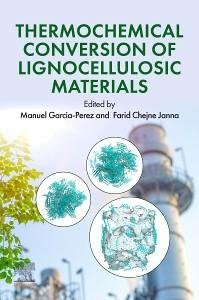
Fuel Cells Technology and Electrode Materials for a Sustainable Future

PAYBACK Punkte
87 °P sammeln!
Fuel Cells Technology and Electrode Materials for Sustainable Future presents an up-to-date review of the latest advancements in fuel cell technology and materials, including a comprehensive examination of the synthesis, characterization, and application of electrode materials for fuel cells. With a focus on the fundamentals of electrochemical behavior and their relevance to fuel cells, the book delves into novel techniques and advanced technologies currently being employed in the field. Presenting a well-defined theoretical approach to the design of new electrocatalysts, the book provides ext...
Fuel Cells Technology and Electrode Materials for Sustainable Future presents an up-to-date review of the latest advancements in fuel cell technology and materials, including a comprehensive examination of the synthesis, characterization, and application of electrode materials for fuel cells. With a focus on the fundamentals of electrochemical behavior and their relevance to fuel cells, the book delves into novel techniques and advanced technologies currently being employed in the field. Presenting a well-defined theoretical approach to the design of new electrocatalysts, the book provides extensive information on the designs and modeling of electrocatalysts and catalyst layers for the PEMCs, the fundamentals of PEMFCs working, catalyst deterioration and diagnosis, and techniques for reducing failure modes. Sustainability and cost considerations are included throughout. In addition, it discusses promising and significant future directions for fuel cells development. Within each chapter, detailed figures, images, and reference data have been included to make the book accessible for new entrants to the topic.




